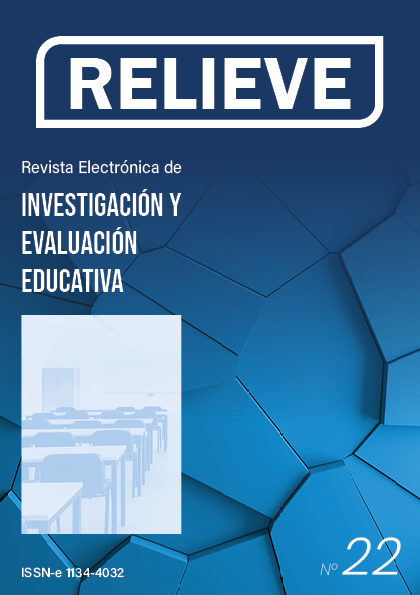A Methodological Critique of the PISA Evaluations
DOI:
https://doi.org/10.7203/relieve.22.1.8806Keywords:
Evaluation, Meta-evaluation, Methodology of evaluation, PISAAbstract
This paper conducts a methodological evaluation of the PISA international evaluations, giving a critical analysis of their shortcomings and limitations. A methodological review or meta-evaluation has been carried out on the multiple PISA reports in an attempt to demonstrate the plausible validity of the inferences that PISA maintains given a series of methodological limitations such as: an inconsistent rationale, opaque sampling, unstable evaluative design, measuring instruments of questionable validity, opportunistic use of scores transformed by standardization, reverential confidence in statistical significance, an absence of substantively significant statistics centered on the magnitudes of effects, a problematic presentation of findings and questionable implications drawn from the findings for educational norms and practice. There is an onus on PISA to provide and demonstrate more methodological rigor in future technical reports and a consequent need to be show great caution lest unfounded inferences are drawn from their findings.Downloads
Downloads
Additional Files
Published
How to Cite
Issue
Section
License
The authors grant non-exclusive rights of exploitation of works published to RELIEVE and consent to be distributed under the Creative Commons Attribution-Noncommercial Use 4.0 International License (CC-BY-NC 4.0), which allows third parties to use the published material whenever the authorship of the work and the source of publication is mentioned, and it is used for non-commercial purposes.
The authors can reach other additional and independent contractual agreements, for the non-exclusive distribution of the version of the work published in this journal (for example, by including it in an institutional repository or publishing it in a book), as long as it is clearly stated that the Original source of publication is this magazine.
Authors are encouraged to disseminate their work after it has been published, through the internet (for example, in institutional archives online or on its website) which can generate interesting exchanges and increase work appointments.
The fact of sending your paper to RELIEVE implies that you accept these conditions.














